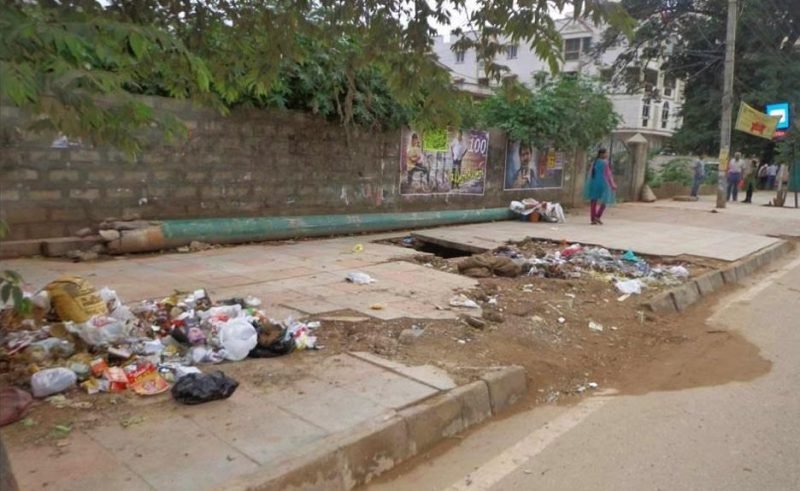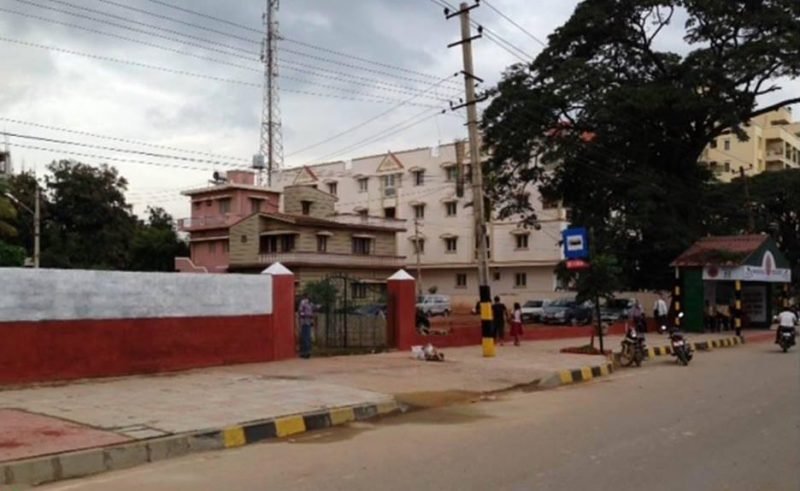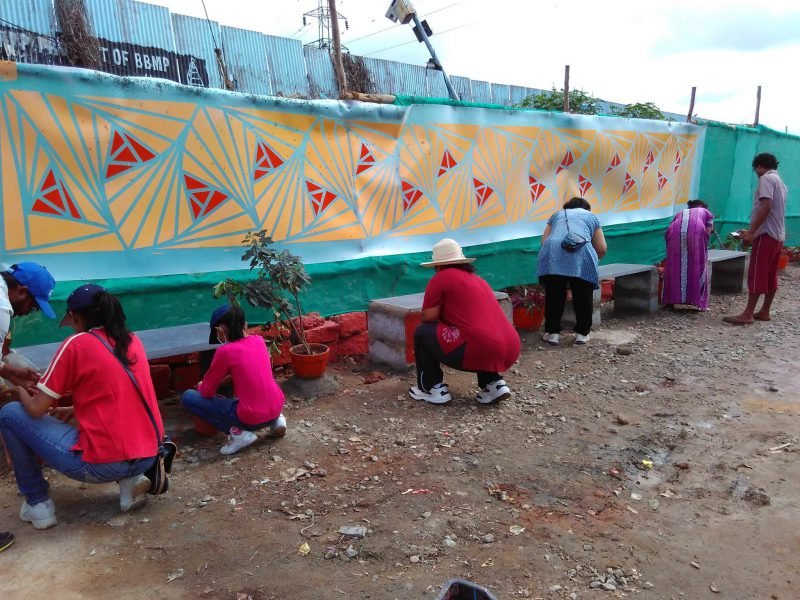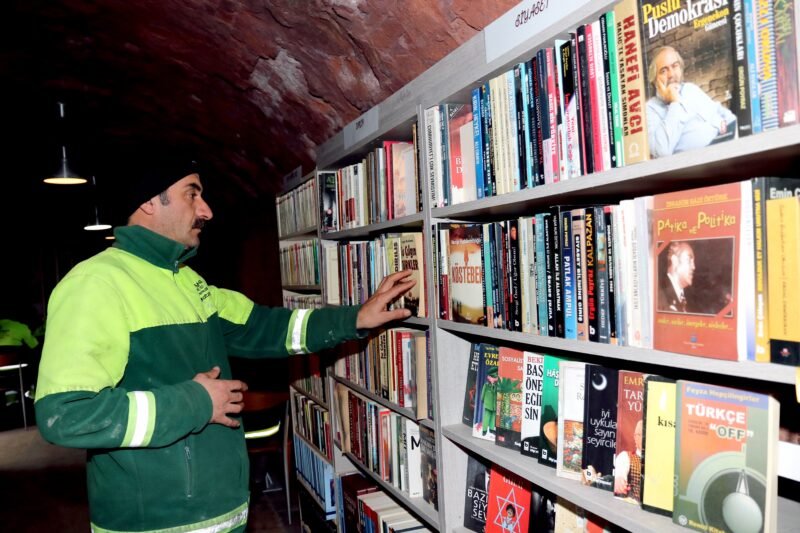Ugly Indians For Pretty Streets
Beginning in 2010, The Ugly Indian has grown to become one of the country’s largest anonymous citizen groups working on the singular agenda of tidying up dirty neighbourhood spots. Why? Because no one else will!
After getting tired of seeing their neighborhood streets and corners filled with the dumping of trash, urine, spitting stains and advertising posters, a group of citizens decided not to wait for the municipality to respond to their complaints or even contract a private agency to do the job. They picked up brooms, rakes and paint and got to ‘fixing the spots’ with their own hands. Calling themselves ‘The Ugly Indian’, they established that fundamentally, the people of India accept very poor civic standards in their public spaces. And that only they can save them from themselves.


The fixes are relatively low cost (ideally free), easy to implement and replicate. Along with clean up, the fixes have also included the installation of planters, dustbins and waterless toilets. Their philosophy of ‘Only Work, No Talk’ drives the volunteering participants towards no moralising, no activism, no self-righteous anger, no arguments and no pamphlets making their work very effective. Despite being highly organized, they insist on being absolutely anonymous in the public realm. This liberates the movement from the baggage of gender, caste, class, economic and social status, religion and age; making it easy for any and everyone to join in.

The movement thrives on visible results. The team posts before and after pictures and videos of spot-fixes on their Facebook page. Until May, 2016, about 1000 spots had been fixed in over 30 different neighbourhoods of Bangalore alone and more than 90% have survived for over three months with no supervision. The movement has been growing steadily with enthused self-organised communities in over 20 cities of India that have undertaken over 1000 TUI inspired spot-fixes and shared their work with the core team on social media. Different city municipalities and corporate organisations have been encouraging of these citizen led initiatives and have also partnered with them on different occasions.


This positively disruptive movement works quietly towards changing the culturally rooted apathy for the commons. It is not just transforming everyday urban landscape, but also shattering the perception that common people cannot engage with their neighbourhood improvement. It will be interesting to see how the project grows to address the issues of urban consumption and active waste management at the city level.



